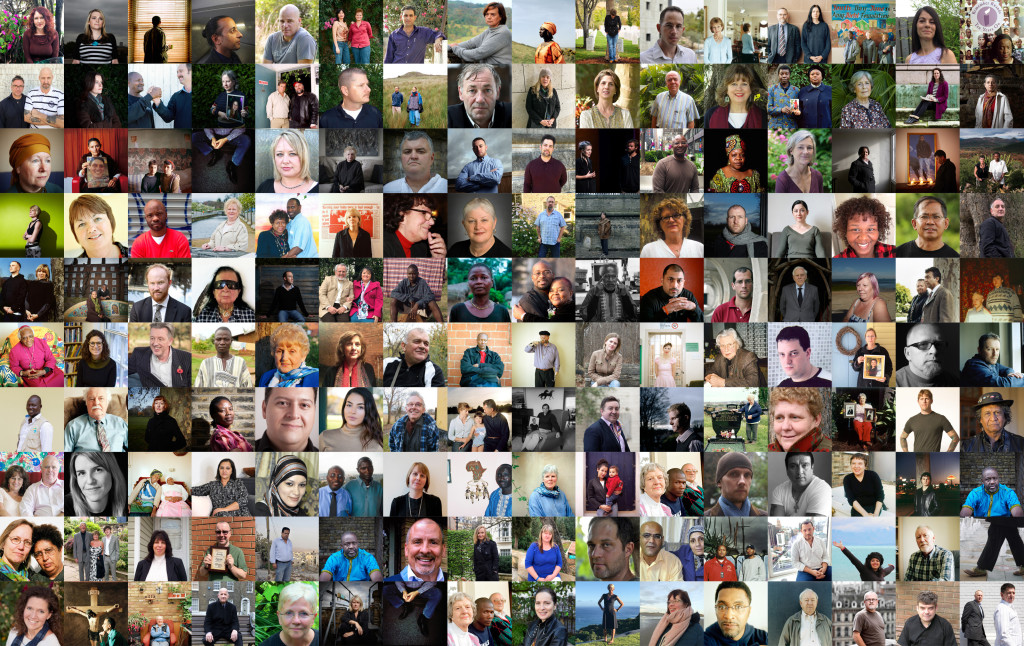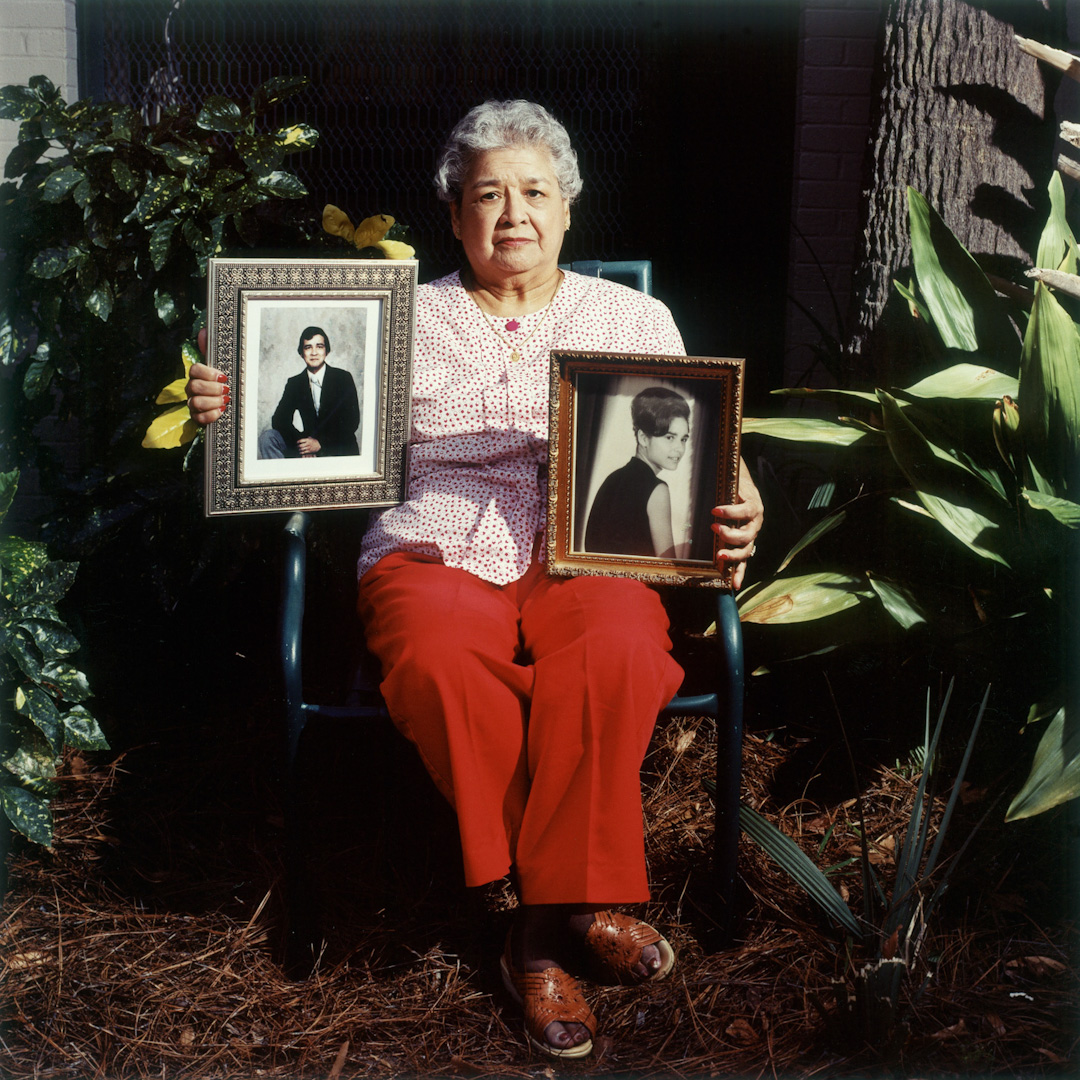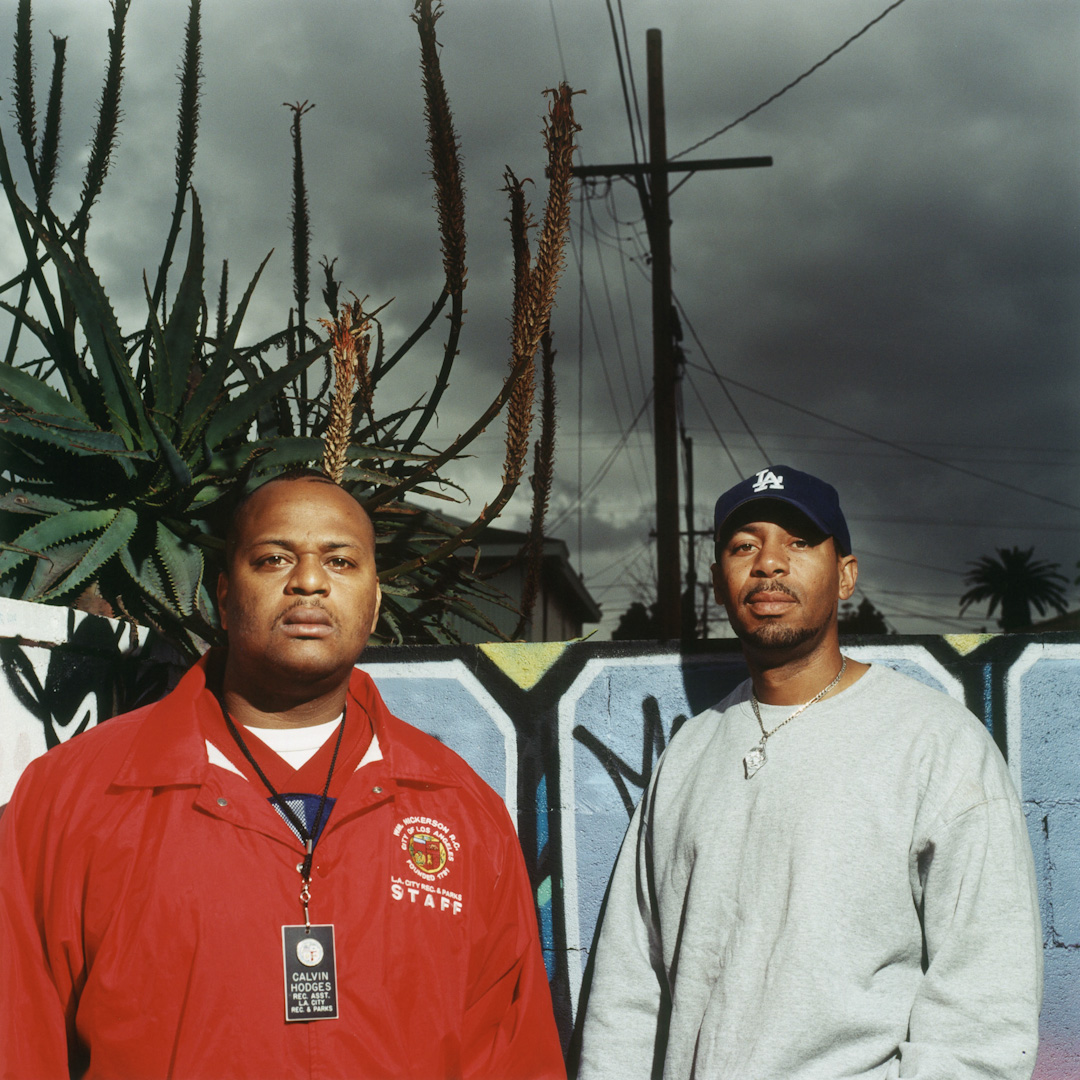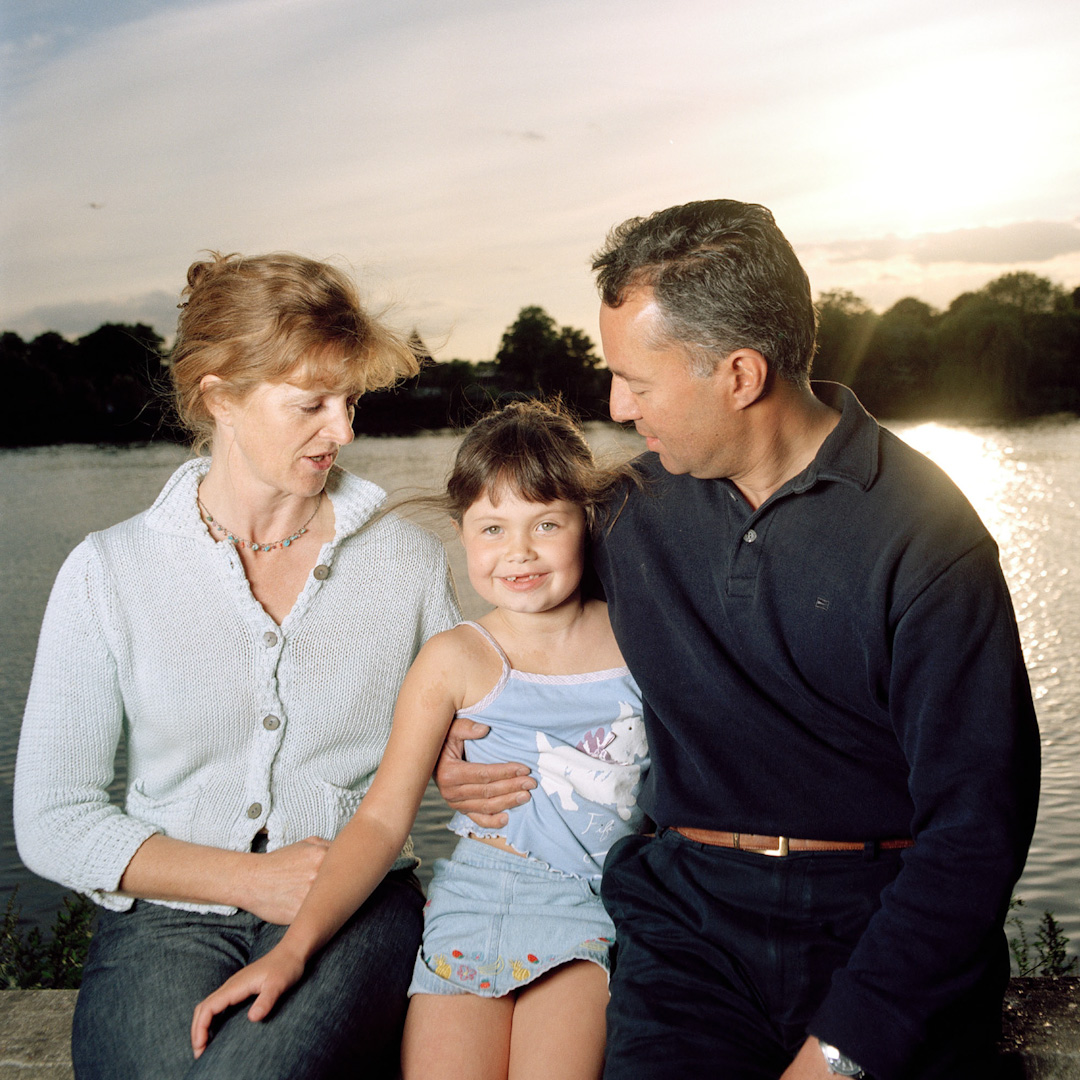Explore forgiveness through real-life stories
Rooted in the belief that stories have the power to transform how we see ourselves and connect with others, we share restorative narratives—real-life accounts of people and communities rebuilding after hardship.
Explore forgiveness through real-life stories
Rooted in the belief that stories have the power to transform how we see ourselves and connect with others, we share restorative narratives—real-life accounts of people and communities rebuilding after hardship.

Listen, watch and dive deeper
Whether you enjoy listening to podcasts, watching videos, or developing specific skills, our website has something for you.
Listen, watch and learn
Whether you enjoy listening to podcasts, watching videos, or developing specific skills, our website has something for you.
Listen, watch and learn
Whether you enjoy listening to podcasts, watching videos, or developing specific skills, our website has something for you.
Listen, watch and dive deeper
Whether you enjoy listening to podcasts, watching videos, or developing specific skills, our website has something for you.
Listen, watch and learn
Whether you enjoy listening to podcasts, watching videos, or developing specific skills, our website has something for you.
Listen, watch and learn
Whether you enjoy listening to podcasts, watching videos, or developing specific skills, our website has something for you.
books
Read thought-provoking books that delve into forgiveness
Marina Cantacuzino MBE is an author, broadcaster, podcaster and peace activist. In 2004, after working for 15 years as a journalist, and in response to the invasion of Iraq, she founded The Forgiveness Project.
Since then Marina has athored and co-written three books on the subject of forgiveness. Click the button below to browse our book shop.
books
Read thought-provoking books that delve into forgiveness
Marina Cantacuzino MBE is an author, broadcaster, podcaster and peace activist. In 2004, after working for 15 years as a journalist, and in response to the invasion of Iraq, she founded The Forgiveness Project.
Since then Marina has athored and co-written three books on the subject of forgiveness. Click the button below to browse our book shop.
Browse all stories
Scroll down to see all stories. Use the countries to filter the stories and click on any story to read more.
Browse all stories
Scroll down to see all stories. Use the countries to filter the stories and click on any story to read more.
Joan van Blerk & Collin Ketshabile
"People think once a criminal always a criminal, but if victims choose to forgive their attackers, I believe the community should too."
Eric Lomax
"The letter he wrote back was full of compassion, and I think at that moment I lost whatever hard armour I had wrapped around me."
Andrew Rice
"I’m refusing to fall in line with what 'they' want, which is visceral hatred between two sides; this gives me permission to reconcile."
Robi Damelin
"I also recognized through this process that I was no longer a victim because my life was not contingent on what this man did."
John Carter
"They gave me the resolve to not steal and to certainly not commit violence against another person ever again."
Mary Blewitt
"I couldn’t sit around and wait for something to happen, so I started my own organisation – SURF."
Odongtoo Jimmy
"Inside I feel terrified of what I have done and regret it deeply."
Celia McWee
"My anger is entirely directed towards myself for turning my back on my son when he needed me most."
Penny Beernsten
"The most difficult thing in all this is being able to forgive myself."
Bud Welch
"About a year before the execution I found it in my heart to forgive Tim McVeigh. It was a release for me rather than for him."
Tom Mauser
"Our goal is to honor Daniel with acts of hope, and not mar our memory of him with anger or hatred or despair."
Azim Khamisa and Ples Felix
"We believe that in every crime there is an opportunity to improve society by learning how to prevent that crime from happening again."
Mwalimu Johnson
"Initially I was unable to entertain any thought of forgiveness, but slowly I came to realize that bitterness only creates bitterness."
Katy Hutchison and Ryan Aldridge
"Whether victim or perpetrator, part of being human is rolling up our sleeves and taking an active part in repairing harm."
Aqeela Sherrills and Calvin Hodges
"The more you communicate the more difficult it is to commit violence, because you’re no longer isolated or wearing a mask."
Marie Fatayi-Williams
"You need to work hard to achieve peace. It doesn’t just come on a platter of good. You cannot give what you don’t have."
Khaled al-Berry
"I believe that the most dangerous thing in life is to let people become convinced that truth has just one face."
Ginn Fourie and Letlapa Mphahlele
"Vulnerable feelings, when expressed to other people, have the potential to establish lasting bonds."
Richard Levy
"If we don’t understand we’re in danger of history repeating itself."
Eva Kor
"I believe with every fibre of my being that every human being has the right to live without the pain of the past."
Sue Hanisch
"Through my experience I have come to believe that we are all equally capable of being the victim and the perpetrator."
Phyllis Rodriguez and Aicha el-Wafi
"Meeting Aicha gave me strength and took away my anger and bitterness."
Gertrude Levi
"I do not forgive the Nazis – nor do I wish to."
Simon Wilson
"I think everyone has the capacity to forgive but they sometimes need help finding those inner resources."
Gill Hicks
"Through my experience and the sharing of my story, my work has helped create an alternative narrative, that we are all interconnected and interdependent."
Joan van Blerk & Collin Ketshabile
"People think once a criminal always a criminal, but if victims choose to forgive their attackers, I believe the community should too."
Eric Lomax
"The letter he wrote back was full of compassion, and I think at that moment I lost whatever hard armour I had wrapped around me."
Andrew Rice
"I’m refusing to fall in line with what 'they' want, which is visceral hatred between two sides; this gives me permission to reconcile."
Robi Damelin
"I also recognized through this process that I was no longer a victim because my life was not contingent on what this man did."
John Carter
"They gave me the resolve to not steal and to certainly not commit violence against another person ever again."
Mary Blewitt
"I couldn’t sit around and wait for something to happen, so I started my own organisation – SURF."
Odongtoo Jimmy
"Inside I feel terrified of what I have done and regret it deeply."
Celia McWee
"My anger is entirely directed towards myself for turning my back on my son when he needed me most."
Penny Beernsten
"The most difficult thing in all this is being able to forgive myself."
Bud Welch
"About a year before the execution I found it in my heart to forgive Tim McVeigh. It was a release for me rather than for him."
Tom Mauser
"Our goal is to honor Daniel with acts of hope, and not mar our memory of him with anger or hatred or despair."
Azim Khamisa and Ples Felix
"We believe that in every crime there is an opportunity to improve society by learning how to prevent that crime from happening again."
Mwalimu Johnson
"Initially I was unable to entertain any thought of forgiveness, but slowly I came to realize that bitterness only creates bitterness."
Katy Hutchison and Ryan Aldridge
"Whether victim or perpetrator, part of being human is rolling up our sleeves and taking an active part in repairing harm."
Aqeela Sherrills and Calvin Hodges
"The more you communicate the more difficult it is to commit violence, because you’re no longer isolated or wearing a mask."
Marie Fatayi-Williams
"You need to work hard to achieve peace. It doesn’t just come on a platter of good. You cannot give what you don’t have."
Khaled al-Berry
"I believe that the most dangerous thing in life is to let people become convinced that truth has just one face."
Ginn Fourie and Letlapa Mphahlele
"Vulnerable feelings, when expressed to other people, have the potential to establish lasting bonds."
Richard Levy
"If we don’t understand we’re in danger of history repeating itself."
Eva Kor
"I believe with every fibre of my being that every human being has the right to live without the pain of the past."
Sue Hanisch
"Through my experience I have come to believe that we are all equally capable of being the victim and the perpetrator."
Phyllis Rodriguez and Aicha el-Wafi
"Meeting Aicha gave me strength and took away my anger and bitterness."
Gertrude Levi
"I do not forgive the Nazis – nor do I wish to."
Simon Wilson
"I think everyone has the capacity to forgive but they sometimes need help finding those inner resources."
Gill Hicks
"Through my experience and the sharing of my story, my work has helped create an alternative narrative, that we are all interconnected and interdependent."
Browse all stories
Scroll down to see all stories. Use the countries to filter the stories and click on any story to read more.
Desmond Tutu
"If you can find it in yourself to forgive then you are no longer chained to the perpetrator."
Duma Kumalo
"Having been saved myself I feel I must do my best to save others."
David
"I don’t deserve forgiveness, but unless you can reach that point where you feel OK, you can never fully heal and move on."
Charlotte Maude
"We live in a blame culture where people now assume that if anything goes wrong you should sue."
Camilla Carr & Jon James
"I tell them that I believe forgiveness begins with understanding, but you have to work through layers to obtain it."

































